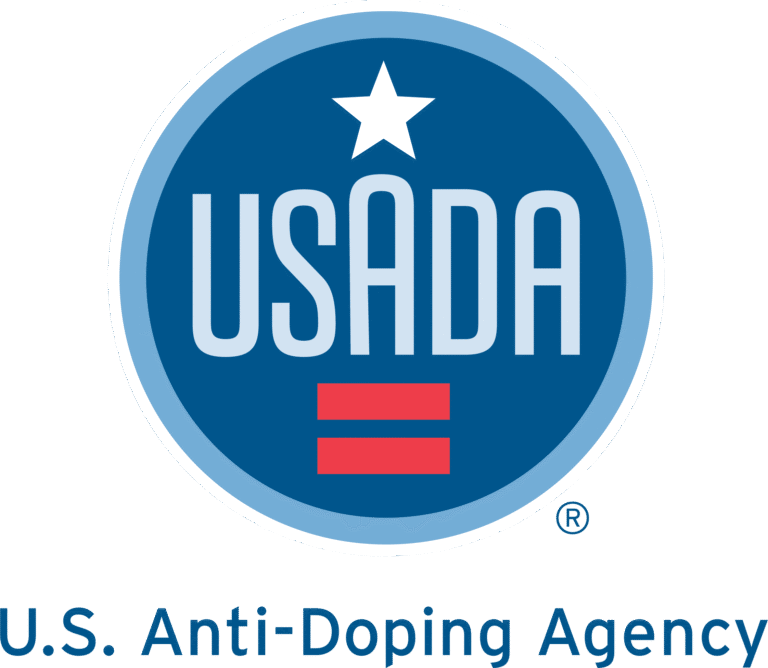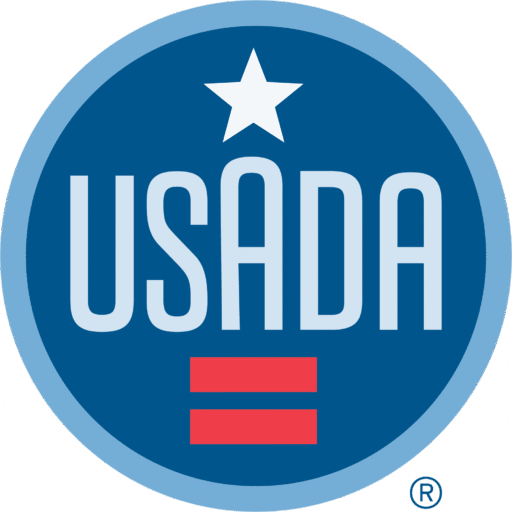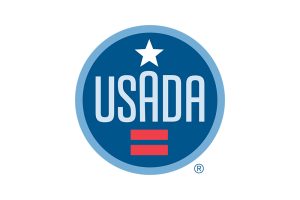Substances are added to the World Anti-Doping Agency (WADA) Prohibited List if they meet at least two of three criteria, including potentially or actually enhancing sport performance, potentially or actually posing a health risk, or violating the spirit of sport. Keep reading to learn more about the prohibited substance, Sermorelin, and the risk of encountering it via online pharmacies, black-market websites, and anti-aging and wellness clinics.
What is Sermorelin?
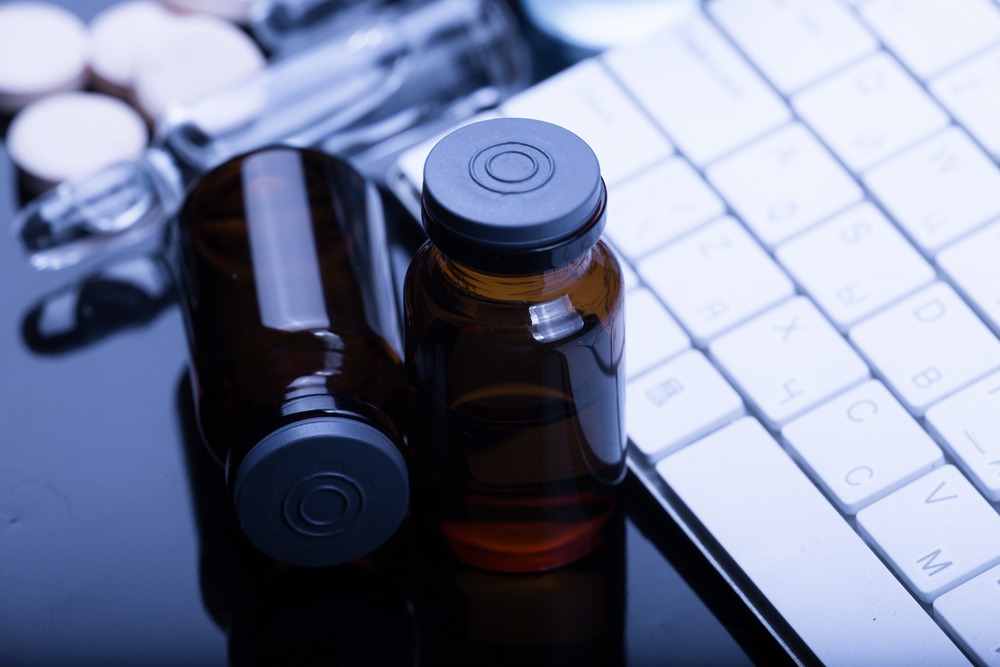 Sermorelin is a synthetic peptide that mimics the action of growth hormone-releasing hormone (GHRH), stimulating the pituitary gland to increase the body’s natural production of human growth hormone (hGH). Originally developed for medical purposes, Sermorelin has also become a subject of interest—and controversy—in the realms of anti-aging, regenerative medicine, athletics, and anti-doping.
Sermorelin is a synthetic peptide that mimics the action of growth hormone-releasing hormone (GHRH), stimulating the pituitary gland to increase the body’s natural production of human growth hormone (hGH). Originally developed for medical purposes, Sermorelin has also become a subject of interest—and controversy—in the realms of anti-aging, regenerative medicine, athletics, and anti-doping.
Different formulations of Sermorelin were approved by the U.S. Food and Drug Administration (FDA) in 1990 and 1997, respectively, for the treatment of idiopathic growth hormone deficiency (GHD) in children with growth failure, or for evaluating the ability of the growth hormone producing cells, called somatotrophs, of the pituitary gland to secrete growth hormone. It works by binding to the GHRH receptor on the pituitary gland, prompting the release of hGH in a manner that closely mimics the body’s natural hormone rhythms. This physiological release pattern is considered safer than direct hGH injections, which can cause unnaturally high hormone levels and associated side effects. Both formulations were discontinued in 20081. However, Sermorelin appears to be available for purchase in compounding pharmacies (with a doctor’s prescription) and on various black-market websites.
What are the medical uses for Sermorelin?
Sermorelin was originally prescribed to treat growth issues in children and has also been used to assess pituitary function in diagnosing growth hormone deficiencies.
At present, most interest in Sermorelin revolves about purported performance-enhancing or anti-aging benefits. Some people report improved energy, sleep, lean body mass, and overall vitality, though robust clinical evidence for anti-aging effects is lacking and remains controversial.
While the commercial version of Sermorelin was discontinued, it may still be available with a prescription from some compounding pharmacies and anti-aging or wellness clinics. It is also available through unregulated online pharmacies or other black-market websites.
Is Sermorelin prohibited in sport?
Yes, Sermorelin is prohibited due to its ability to enhance muscle growth, endurance, and recovery by boosting endogenous hGH production.
What are the side effects of Sermorelin?
Sermorelin use can cause several adverse effects. Many users report swelling and edema (fluid build-up) in the arms, legs, and face. Users also report joint and nerve pain. Additionally, Sermorelin-induced GH excess can contribute to insulin resistance, increasing the risk of developing diabetes. Chronic GH excess is associated with hypertension, cardiac hypertrophy, and potentially cardiomyopathy, raising the risk of heart disease. Black market or unregulated sources of Sermorelin may provide contaminated or mislabeled products, posing additional health risks.
Can I get a TUE for Sermorelin?
It is highly unlikely a TUE would be approved for Sermorelin, as it is not a first-line treatment for growth hormone deficiency and there are alternative treatments available. The commercial version (Geref®) was discontinued in 2008 and is no longer available as a prescription medication. More information about TUEs for medications to treat growth hormone deficiencies can be found on the USADA TUE page.
Have more questions?
Even when a treatment is prescribed, athletes should use GlobalDRO.com to check on the anti-doping status of any procedure or medication and determine if they need an approved Therapeutic Use Exemption (TUE). For questions about specific products, substances, and methods, you can also contact USADA’s Drug Reference Line at drugreference@usada.org or call (719) 785-2000, option 2.
